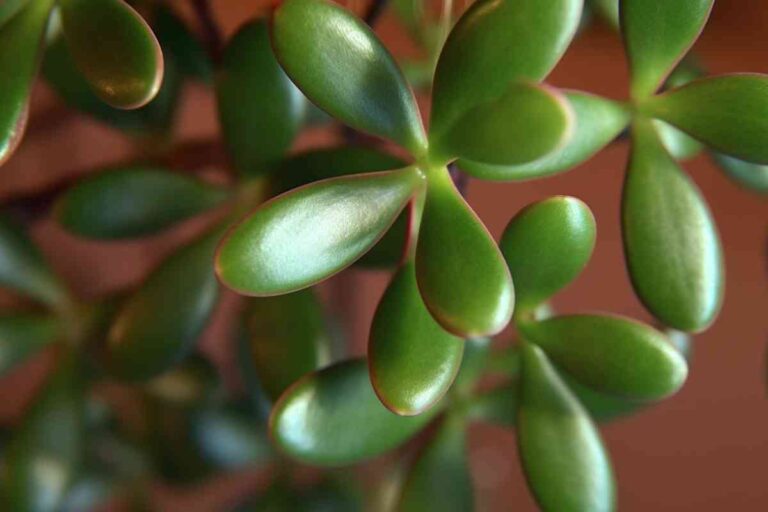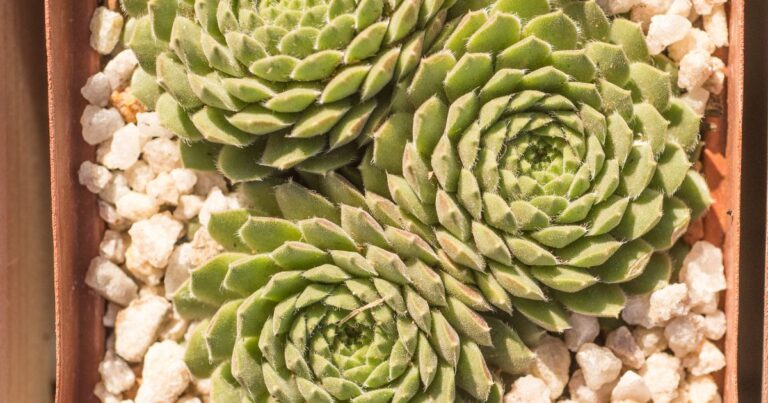How to Naturally Fertilize Your Succulents: Tips and Techniques
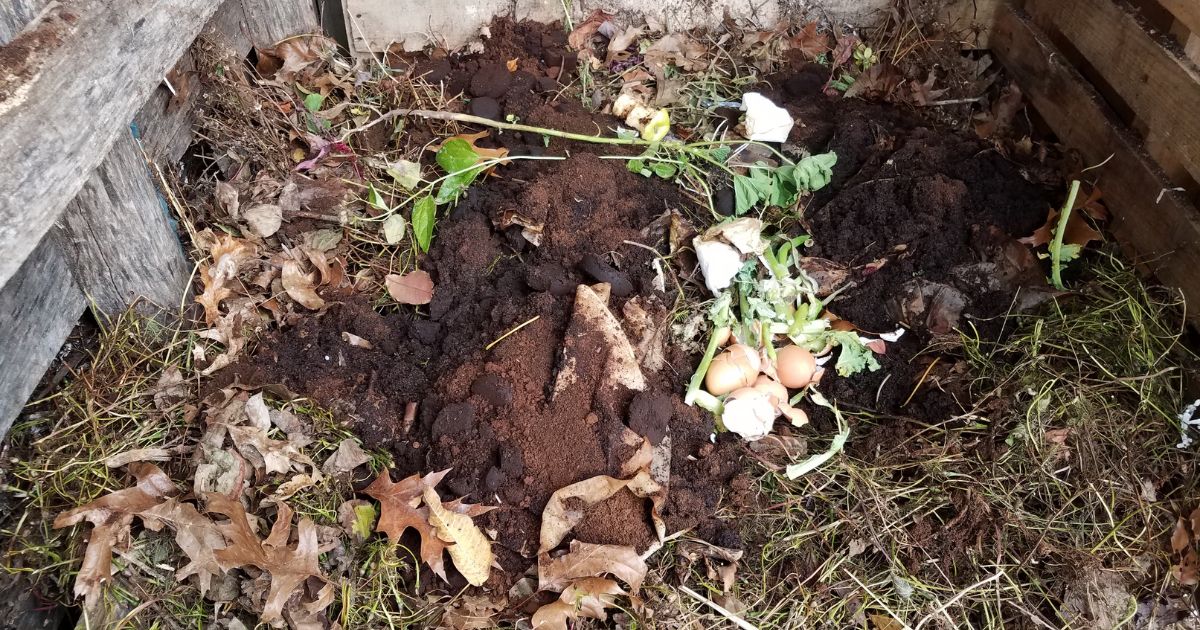
The right succulent fertilizer makes the difference between superb plant growth and color and plants that are barely surviving. Since succulents don’t need much fertilizer, natural fertilizers for succulents are reasonable despite the extra cost in money or effort.
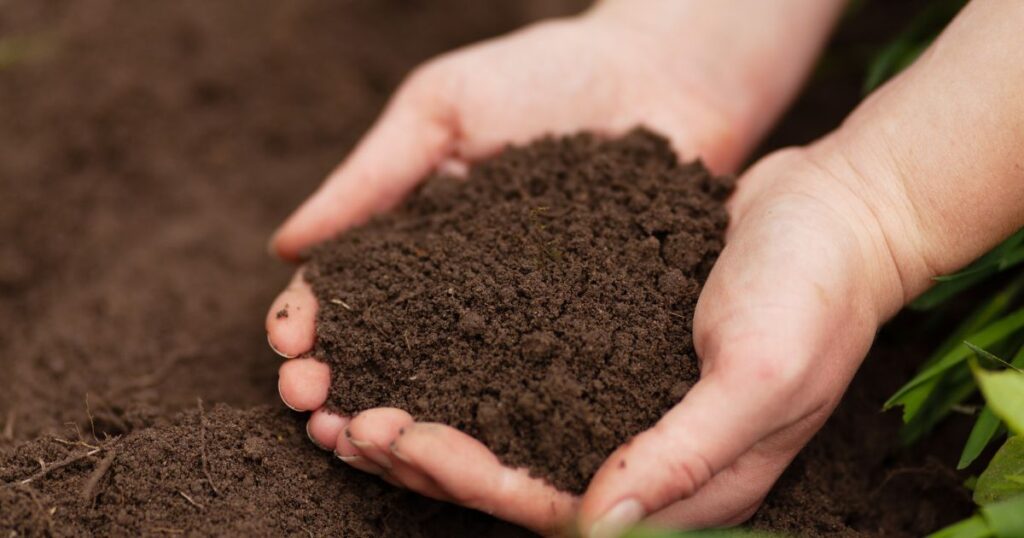
How to Naturally Fertilize Your Succulents
Natural succulent fertilizer can be made of a variety of organic materials. Every banana peel and egg shell can turn into a good fertilizer for your succulents. Compost or manure tea bag liquid fertilizer is especially good for succulents.
Here’s what you need to know about how to choose the right fertilizer for your succulents.
- The right succulent fertilizer is essential for superb plant growth and color.
- Succulents do not need much fertilizer, so natural fertilizers for succulents are recommended despite extra cost in money or effort.
- Fertilizing succulents regularly improves their overall health and vigor, adds nutrients to the soil, and increases their resistance to pests and diseases.
- Organic matter and compost, compost tea, eggshells and coffee grounds, manure tea, and commercial fertilizers are good natural fertilizers for succulents.
- Fertilize succulents during spring and summer using a balanced fertilizer with a ratio of 10-10-10 or 20-20-20 diluted to half-strength, and once a month.
- Do not fertilize during fall and winter.
First of all, it’s important to understand that succulents don’t need as much fertilizer as other plants. In fact, over-fertilizing can be detrimental to their growth. However, succulents do need some fertilizer for lush growth.
There are a number of natural ways to provide your succulents with the nutrients they need to thrive.
Why Fertilize Succulents
I love succulents because they are low maintenance and can thrive in a variety of conditions. However, even these hardy plants need a little extra to stay healthy and vibrant. That’s where fertilization comes in. Plant growth is faster and easier with succulent fertilizers.
Fertilizing my succulents regularly helps to improve their overall health and vigor. Fertilization provides the essential nutrients that these plants need to grow and thrive.
While succulents can survive in poor soil conditions, they will not thrive without proper feeding. Adding nutrients to the soil can help to improve the quality of the soil and provide the necessary elements for healthy growth.
Feeding my succulents has also helped to increase their resistance to pests and diseases. Healthy plants are more likely to be able to fight off infections and infestations, so regular fertilization is an important part of keeping your succulents healthy and strong.
Natural Fertilizers for Succulents
If you want to keep your succulents healthy and thriving, it’s important to fertilize them regularly. While chemical fertilizers can be effective, natural fertilizers are a great alternative that can be gentler on your plants and the environment.
Here are some natural fertilizers that I have found to be effective for succulents:
Organic Matter and Compost
One of the best natural fertilizers for succulents is organic matter, which can be added to the soil to improve its fertility. Compost is a great source of organic matter, and it can be easily made at home by composting kitchen scraps and yard waste.
When adding compost to your succulent soil mix, be careful not to add too much, as too much organic matter can cause the soil to retain too much moisture, which can be harmful to succulents.
Compost Tea
Compost tea is a great homemade fertilizer for healthy succulents because water-based fertilizer is so convenient for succulents. You can use banana peels, rice water, manure, coffee grounds, or just about anything else that will leach nutrients.
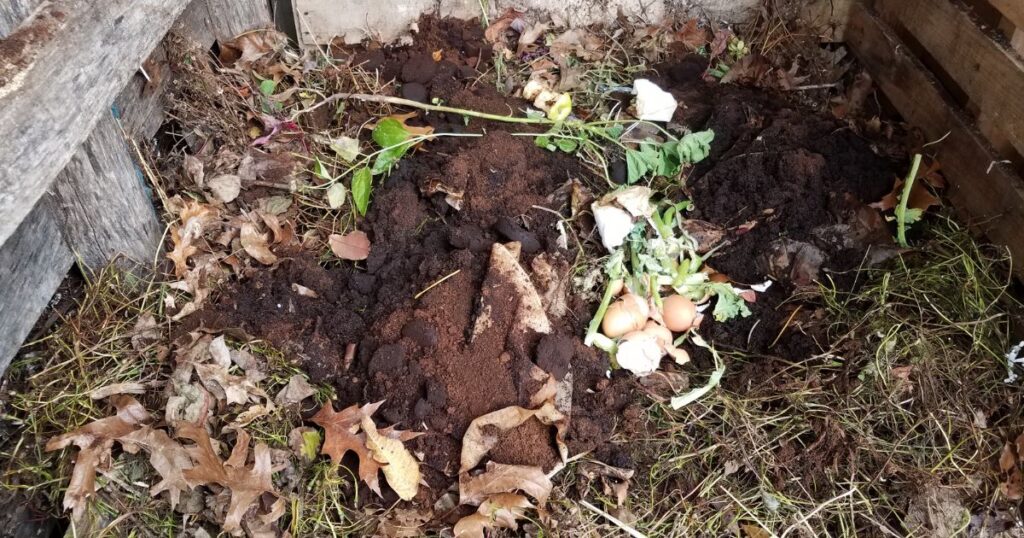
Eggshells and Coffee Grounds
Eggshells and coffee grounds are another great natural fertilizer for succulents. Eggshells are a good source of calcium, which is important for succulent growth, while coffee grounds are rich in nitrogen, which can help promote healthy foliage.
To use eggshells and coffee grounds as fertilizer, simply crush the eggshells and sprinkle them over the soil, and mix the coffee grounds into the soil.
Manure Tea
Manure tea is a natural fertilizer that can be made by steeping manure in water. It’s a great source of nutrients for succulents, and can help promote healthy growth.
To make manure tea, simply add a handful of manure to a bucket of water, and let it steep for a few days. Then, strain the mixture and use the liquid to water your succulents.
Commercial Fertilizers
If you prefer to use a commercial fertilizer for your succulents, there are many options available. Look for a balanced fertilizer that contains equal amounts of nitrogen, phosphorus, and potassium, and follow the instructions on the package carefully.
There are lots of slow release fertilizers and liquid fertilizers that are as organic as any homemade fertilizer. I love making a great fertilizer, but I also appreciate not having to deal with eggshell tea every time I want lush growth.
When to Fertilize Succulents
Fertilizing succulents is an important part of their care routine. Proper fertilization can help your succulents grow and thrive. However, it is important to fertilize your succulents at the right time to avoid causing damage.
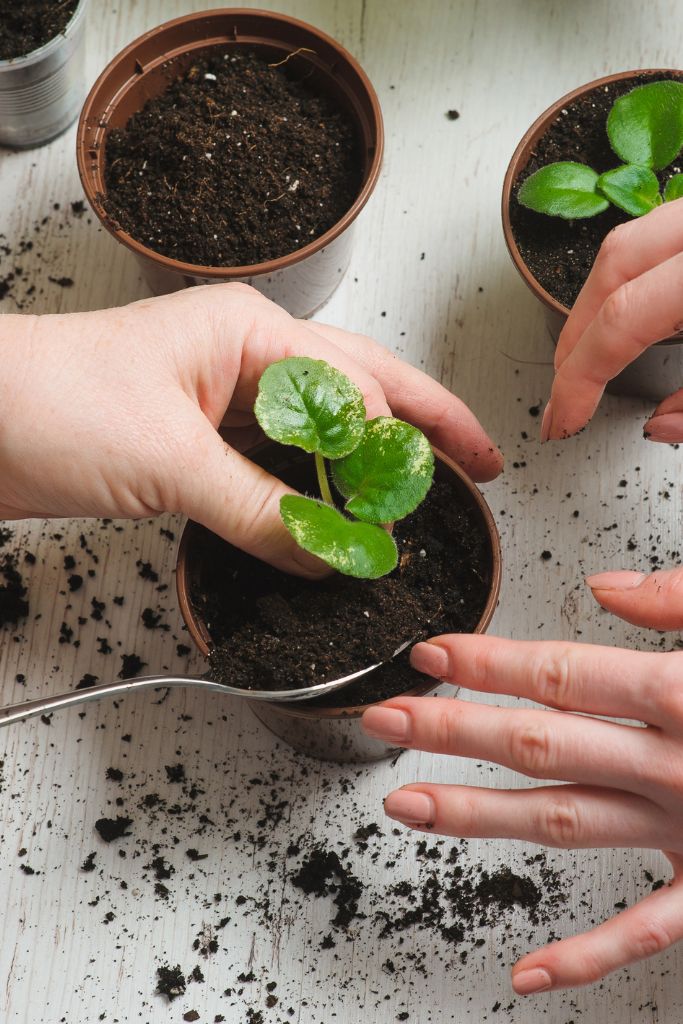
Fertilizing in Spring and Summer
Spring and summer are the growing seasons for succulents. During this time, your succulents will be actively growing and will need more nutrients. Fertilizing during this time can help your succulents grow larger and stronger.
It is recommended to fertilize your succulents once a month during the growing season. Use a balanced fertilizer with a ratio of 10-10-10 or 20-20-20.
Dilute the fertilizer to half-strength and apply it to the soil around the base of the succulent. Be careful not to get any fertilizer on the leaves or stem of the plant as this can cause damage.
Fertilizing in Fall and Winter
Fall and winter are the dormant seasons for succulents. During this time, your succulents will not be actively growing and will not need as many nutrients. Fertilizing during this time can cause damage to your succulents.
It is recommended to stop fertilizing your succulents during the fall and winter months. Instead, focus on providing your succulents with the right amount of water and light to help them survive the dormant season.
How to Apply Natural Fertilizers to Succulents
Diluting Fertilizers
When using natural fertilizers, it’s important to dilute them properly. Too much fertilizer can burn your succulents and cause damage.
Follow the instructions on the package carefully, and don’t be tempted to use more than recommended. If you’re not sure how much to use, start with a small amount and gradually increase it over time.
If you’re making your own formula to fertilize your succulents, go slowly and watch to see that your succulents grow healthy. Even homemade fertilizer can be extremely potent.
Ingredients like egg shells release calcium and other minerals over time, which is good, but can build up and become too strong for healthy succulents. Therefore be careful, especially with slow-release fertilizers.
Applying Fertilizers to Potted Succulents
If your succulents are in pots, you can apply fertilizer directly to the soil. Use a watering can with a narrow spout to apply the fertilizer evenly. Water your succulents after fertilizing to help the nutrients penetrate the soil.
Applying Fertilizers to Outdoor Succulents
For outdoor succulents, you can use a spray bottle to apply the fertilizer. Spray the fertilizer on the leaves and stems, as well as the soil around the base of the plant. Be sure to water your succulents after fertilizing to help the nutrients soak into the soil.
Epsom salts, rice water, and other mild fertilizers can also be poured directly onto the soil.
Applying Fertilizers to Indoor Succulents
Indoor succulents can be fertilized using the same methods as outdoor succulents. However, you may want to use a watering can instead of a spray bottle to avoid getting fertilizer on your furniture or floors.
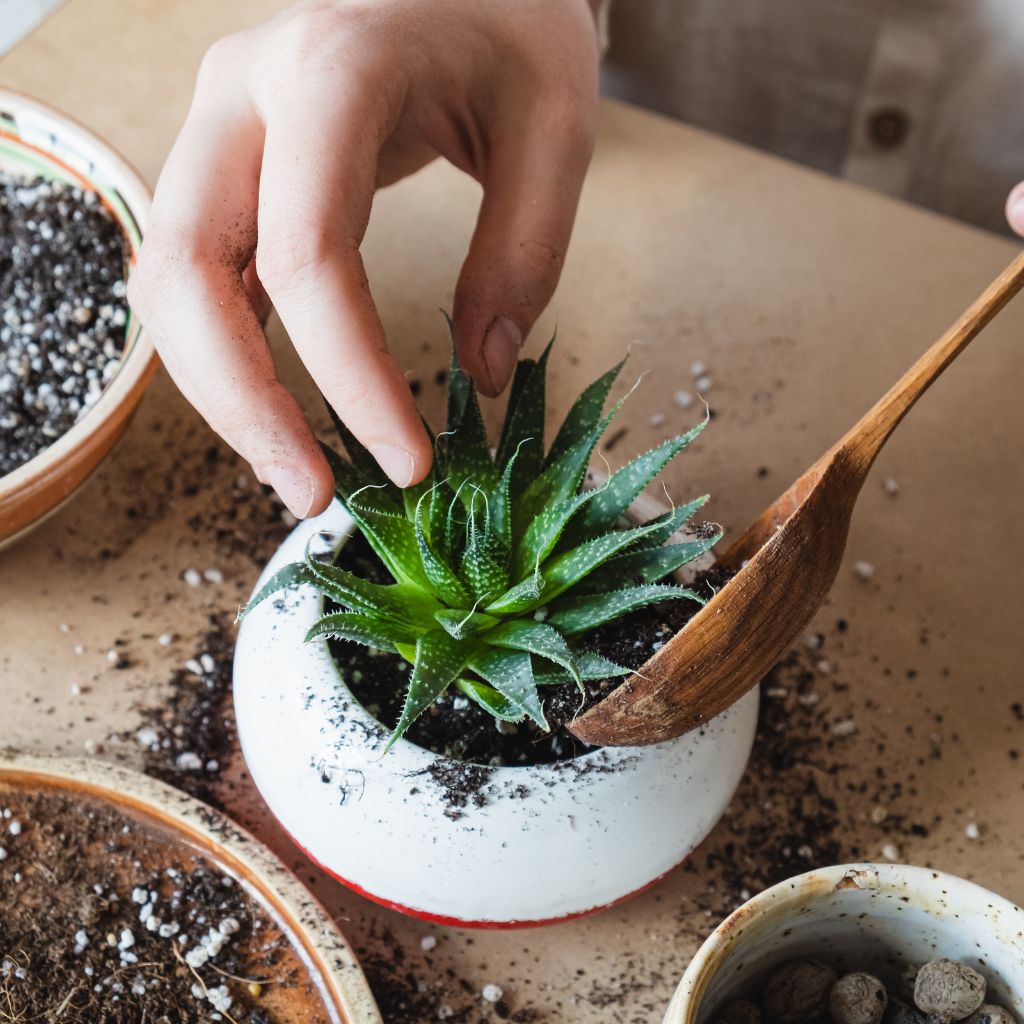
You can also mix the fertilizer directly into the potting mix when repotting your succulents.
Remember, fertilizing your succulents is an important part of keeping them healthy and happy. By using natural fertilizers and following these tips, you can help your succulents thrive.
Related Content You May Find Interesting
Here are some more articles that may be of interest to you if you’re interested in growing succulents.




